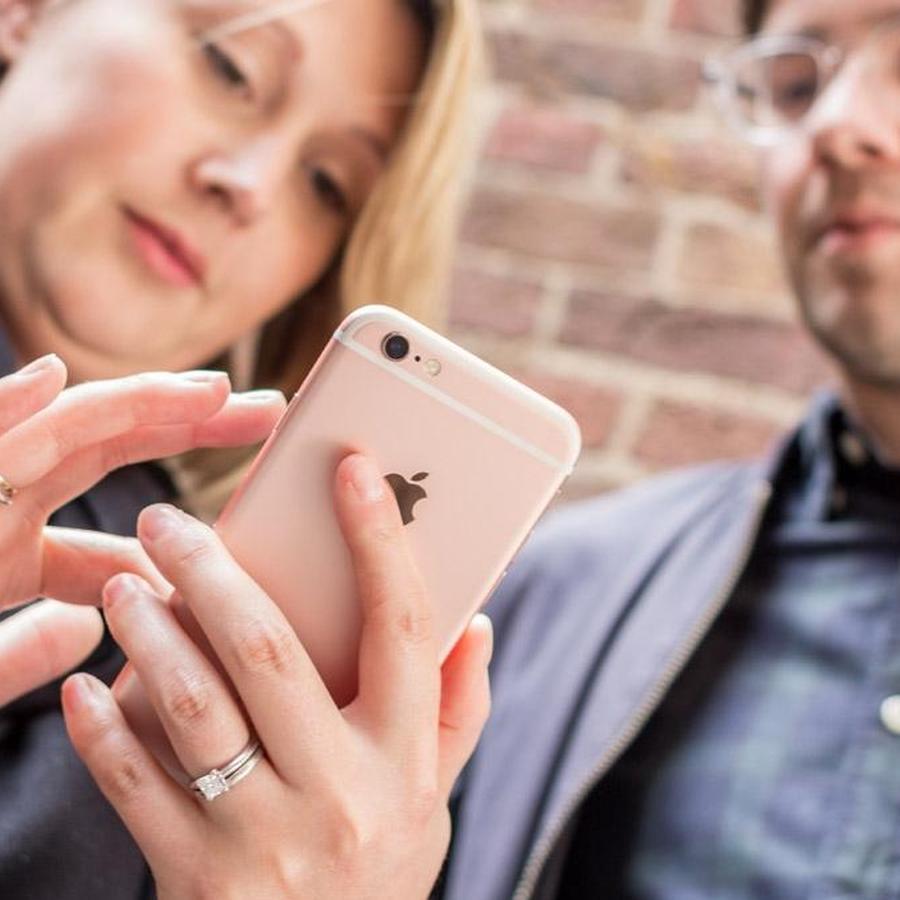iphone
Time: globisoftware
On: Sep/11/2022
Category: Huawei iphone samsung Digital life
Tags: You can get a virus on your iPhone
We are used to installing an antivirus on the computers, but what about mobiles and tablets?
Poralba Mora, Macworld editor
People (often Android users) refers to the structure of the Vallado de iOS garden as one of its main inconveniences.That makes the app store more limited in terms of apps and available games.
However, this structure also allows iPhones and iPads to be safer and not let viruses and malware in easily.Thus, to answer the question, no, you do not need to install an antivirus on your Apple mobile or tablet.
Why are there no antivirus applications in the App Store?
Apple created iOS, the software that works both on iPhones and iPads (in this case, in the form of iPados), to be as safe as possible.And precisely because all apps are checked before making them available in the App Store, it is practically impossible for a virus to be cooked.
This is why you will not find any antivirus that you can install.Apple ensures that they are not necessary.You may find some applications of antivirus companies, but they are not antivirus in themselves, but private browsers, password managers...

The only company that was about to get it was McAFEE, who developed an antivirus internally in 2008, but was never launched.It is likely that Mcafee realized that, because the architecture of iOS prevents viruses from entering, their antivirus was useless.
And Mcafee would be right: iPhones and iPads are practically the safest devices in terms of malware.No system is 100 %, but the way in which iOS is designed means that no doubtful app will pass the review process and, therefore, will not have access to the system to damage it.
That is because Apple design iOS so that each application is executed in its own space, also known as sandbox or isolated environment.The app can do what you want (within limits) while in that sandbox.
You can also communicate with neighboring apps, but you can never get out of that isolated environment or interfere with other applications.This restriction leaves viruses, which normally spread and infect a device completely, have nowhere to go.
What should I do so that my iPhone or iPad is safe?
If you are wondering if you should do something for your iPhone or iPad to be safe, the answer is that yes, and it is as easy as keeping it updated.Any vulnerability may be solved with updates.
This is why you should not ignore those reminders you receive on your device provided that a new version of iOS (or ipados) is available.To know how to update your smartphone or tablet, consult these articles:
All applications ask you permission to access functions such as camera, your contacts or your photos.Thus, it only access to be so you are sure that it is a reliable app.And be sure to check what the app asks if it is a long list.
You should also follow the usual advice: do not open mail links unless you know the sender, not give bank data or passwords and use a messaging service encrypted as WhatsApp or Imessage.
Apple has also created a fraudulent website alert in Safari for iOS, so you'll see a notice when you visit a suspicious page.
Finally, don't make Jailbreak on your iPhone or iPad.That would give you access to files and adjustments not usually available, but also includes potentially harmful apps installed from little reputed sources.
Thus, however tempting it is to install applications that are not available in the App Store, the risks are many more than the benefits.
